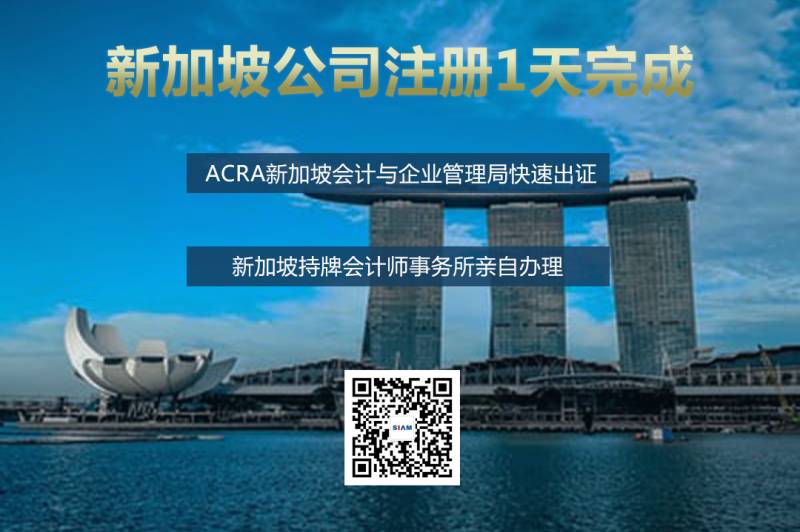沒有人喜歡納稅,但納稅是法律規定的義務。“避稅”與“逃稅”這兩個詞經常被互換使用,但它們其實是完全不同的概念,避稅是合法行爲,逃稅則是犯罪。
避稅安排
避稅安排通常是人爲的、或是較少/不具商業用途的安排,目的是獲得所得稅法規定以外的稅收優惠。
逃稅
逃稅是一項刑事罪行,泛指通過非法手段來減少納稅額或獲得稅收抵免/退稅,例如虛報不存在的開銷及未申報應課稅收入。
反避稅
《新加坡所得稅法》第33條文闡明了一般反避稅規定,以遏止境內的公然避稅行爲。在該條文下,所得稅審計員(CIT)可以無視以避稅爲主要目的、而非出于真正商業目的的避稅安排,並作出相應的調整。
沒有依照避稅安排進行的真正商業交易不在第33條文管制範圍內,在特定稅收規定下享有免稅和稅收優惠的公司和個人也不受第33條文的影響,前提是沒有通過人爲因素或非法手段來獲得免稅或稅收優惠。
《新加坡所得稅法》第33(1)條文爲CIT提供了明確的指南,以下行爲會被視爲具有避稅目的:
• 循環流動或周轉資金;
• 爲獲得稅收優惠而設立超過一個實體;
• 爲獲得稅收優惠而更改商業實體的形式;和
• 與經濟現實不相符的收入歸屬。
第33條文旨在遏止避稅行爲,並不會影響真正商業交易的稅收結果。舉例來說,(i)在本地銀行或新加坡境外的銀行存放資金,(ii)直接爲雇員提供住宿,而非提供應課稅的住宿津貼,或(iii)沒有彙出國外收入,都不會令CIT行使第33(1)條文賦予的權力。
稅務規劃
鑒于上述情況,符合法規的稅務規劃是不可或缺的。交易必須是基于商業目的而進行,而非以避稅或減稅爲主要目的。
世誠國際(新加坡)會與您保持密切合作,以擬定最適合您公司的稅收策略,並協助您的公司處理稅務合規。
Tax Avoidance and Tax Evasion
Nobody enjoys paying taxes. But taxes are the law. The terms “tax avoidance” and “tax evasion” are often used interchangeably, but they are very different concepts. Basically, tax avoidance is legal while tax evasion is not.
Tax avoidance arrangementA tax avoidance arrangement normally involves an arrangement that is artificial, contrived or has little or no commercial substance and is designed to obtain a tax advantage that is not intended by Parliament.
Tax evasionTax evasion is a criminal offence which involves the reduction of one’s tax liability or obtainment of tax credits or refunds through illegal means such as the claim for fictitious or non-existent expense and the failure to declare taxable income.
Anti-avoidance
In Singapore, the general anti-avoidance provision is found in Section 33 of the Singapore Income Tax Act, which was enacted to curb the proliferation of blatant tax avoidance arrangements in Singapore. Section 33 empowers the Comptroller of Income Tax (“CIT”) to disregard and make relevant adjustments to arrangements which are carried out with tax avoidance as one of their main purposes and not for bona fide commercial reasons.
Bona fide commercial transactions which are carried out not in pursuance of any tax avoidance arrangement will not come within the scope of Section 33. Companies and individuals granted tax exemptions and concessions under specific tax provisions would not be affected by Section 33, provided that no artificiality or contrivance exists to exploit the exemptions or concessions intended by the Parliament.
To provide clarity and guidance on the types of arrangements which in CIT’s view would have the purpose of effect of tax avoidance within the meaning of Section 33(1) of the Singapore Income Tax Act, the examples in this section have been categorised into broad categories which contain a hallmark of tax avoidance. They are:
• Circular flow or round-tripping of funds;
• Set-up of more than one entity for the sole purpose of obtaining tax advantage;
• Changes in the form of business entity for the sole purpose of obtaining tax advantage; and
• Attribution of income that is not aligned with economic reality.
Section 33 is aimed at tax avoidance schemes designed to avoid tax and is not intended to interfere with the tax consequences of genuine commercial transactions. For example, (i) the placement of monies in a local bank or with a bank outside Singapore, (ii) the provision of housing accommodation to employees directly instead of giving a taxable housing allowance or (iii) the non-remittance of foreign income, is not intended to be the subject of the CIT’s exercise of his section 33(1) powers.
Tax planning
In view of the above, it is essential for legitimate tax planning to stay within the language and spirit of the law. Transactions must have been carried out for commercial reasons and not have the avoidance or reduction of tax as one of its main purposes.
At SIAM (Singapore), we work closely with you to identify tax strategies that work best within your organisation and manage your tax compliance.

